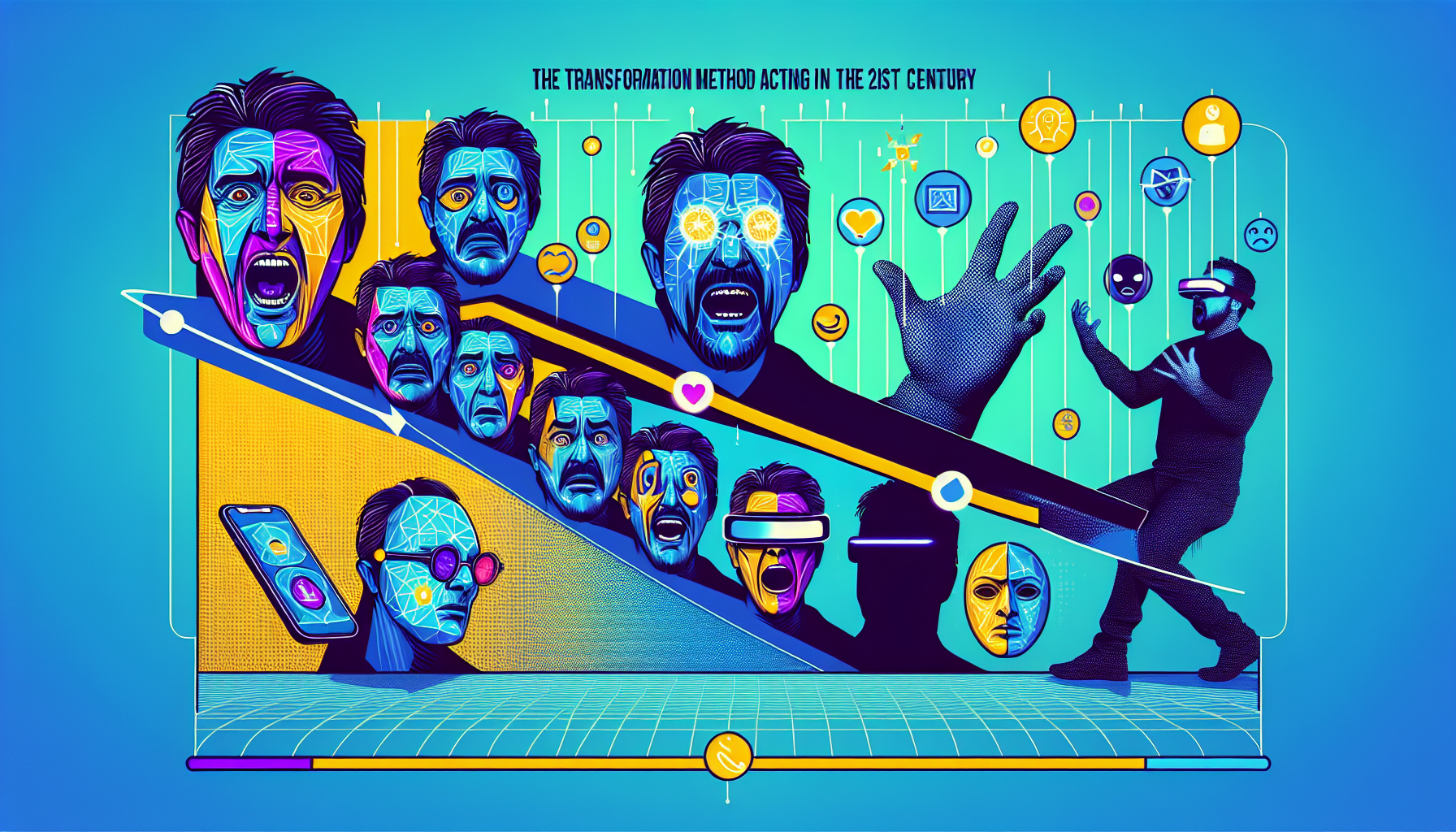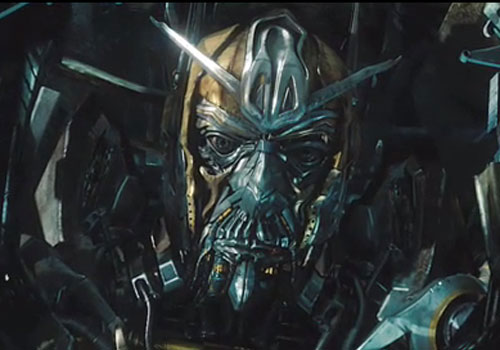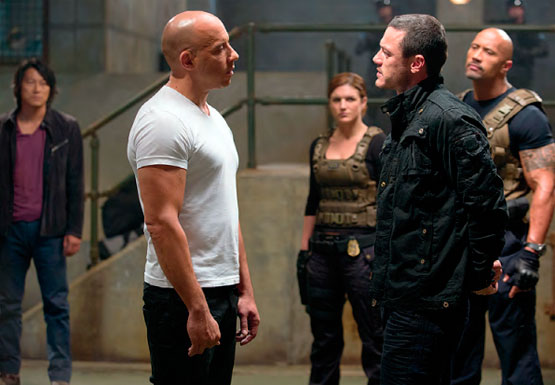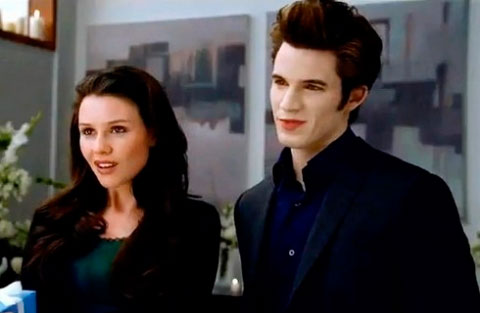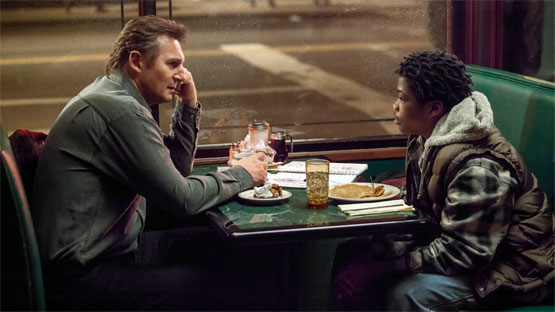Over recent years, there has been a noticeable transformation in the world of method acting. The 21st century ushered in a new era of cinema and theatre, with demand for actors who not only look the part but who can truly embody their characters. Method acting, the acting technique in which actors fully immerse themselves in their characters, connecting to them emotionally and psychologically, has faced significant evolution to adapt to this artistic demand.
Startling performances from the likes of Daniel-Day Lewis, Joaquin Phoenix and Christian Bale have set the bar for the contemporary method actor. They are known for completely immersing themselves in their roles, often going through drastic physical changes and isolating themselves from the outside world for the duration of a film's shooting schedule.
The shift in method acting techniques in the 21st century is partly due to the rise of ‘hyperrealism' in the global film industry. The audience craves the intense and raw emotion that method acting offers, with a particular focus on films that tell complex, character-driven narratives. Directors, producers, and audiences are increasingly desiring performances that blur the line between actor and character, a true testament to the effectiveness of method acting.
The 21st century has seen method acting incorporate not just physical and emotional transformation, but psychological as well. There is an increased understanding of the human mind and its complexity, which has allowed method actors to dive deeper. They are not just portraying their characters; they are becoming them. This requires an immense level of dedication and mental strength. The likes of Heath Ledger's transformation into the Joker for Christopher Nolan's ‘The Dark Knight' and Charlize Theron's transformation into a prostitute for ‘Monster', highlight just how far actors are willing to go to truly become their characters.
Furthermore, method acting in the 21st century has broadened its requirements to include the need for actors to have a deep understanding of the cultural, social and historical contexts of their characters. Preparing for a role is no longer about surface-level character analysis; it now requires rigorous research into the character's background and life circumstances. This holistic approach to character development enhances the authenticity of the performance and helps actors form a genuine connection with their characters.
While the changes to method acting in the 21st century have led to extraordinary performances, it has also sparked debate on the potential harm it could cause to actors. Some believe that the high levels of emotional and psychological immersion can lead to real-life distress and emotional turbulence. The tragic demise of Heath Ledger,who allegedly struggled with his mental health post his Joker role, raised questions about the potential toll method acting can take on an actor's well-being.
In response, new trends have emerged within the method acting community to ensure safer practices and mental health stability. There is now a growing emphasis on de-roling, the process of providing actors with techniques to distance themselves from their characters post-performance, and promoting open discussions about mental health.
The evolution of method acting in the 21st century has opened up new avenues within the world of acting, but it also has thrown into sharp relief the weight of ethical responsibility that falls on everyone involved in the film-making process. From actors pursuing the craft to directors guiding their efforts and studios managing their well-being, a collective effort is required to ensure that the pursuit of authenticity does not compromise an actor's health.
The transformation of method acting in the 21st century has undeniably revolutionized performances in film and theater. It has pushed the boundaries of what is possible in acting and continues to do so. By encouraging a deeper engagement with the character and their story, and promoting a more holistic approach to the actor's work while addressing mental health concerns, method acting has evolved to produce some of the most groundbreaking and captivating performances we see today. However, it's imperative that we continue to balance the pursuit of artistic authenticity with actor well-being, lest the art becomes a perilous endeavor.

